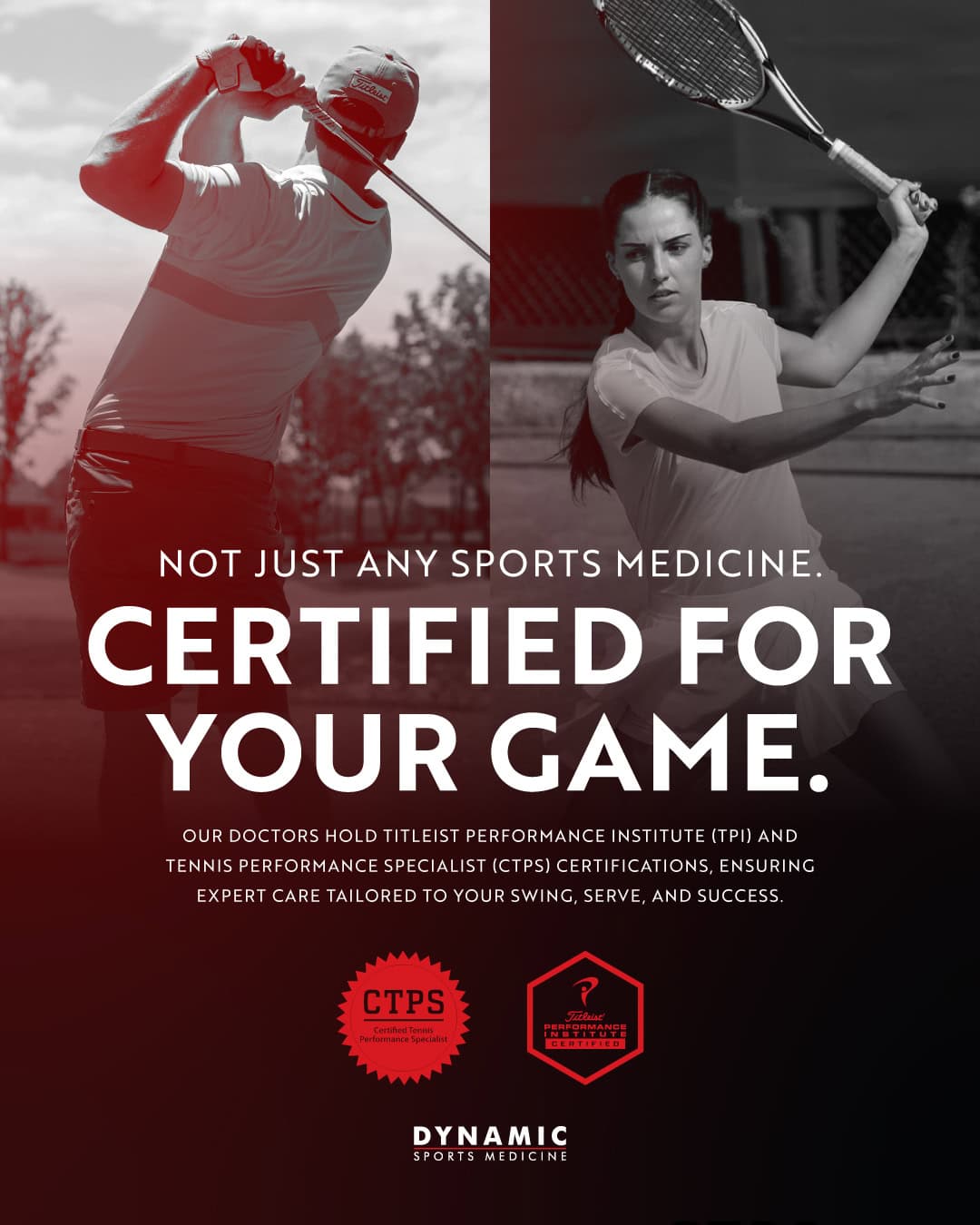Rotator cuff issues, shoulder instability (dislocation) and labrum tears are some of the most common sports-related shoulder injuries, and while there are times when surgical intervention is required, it’s not as often as you think — or as early in the process as you might believe.
Except for the most traumatic of cases, surgical referrals for shoulder injuries are generally only considered after all non-surgical treatment options have been exhausted, because in most cases, the problem can be solved, or at least dramatically improved, through physical therapy and sports chiropractic management.
In addition, surgery is going to require some pretty intensive post-op rehab anyway in order to regain optimal shoulder function, so it makes sense to employ sports chiropractic therapies as a first-line approach. In many cases, surgery can be completely avoided.
Sports chiropractic management of shoulder pain and injury involves the use of multiple modalities that begin with assessing a patient’s quality of movement, not just in the shoulder but in the neck and mid-to-upper spine. While that may mean a spinal adjustment is needed, it can also be a useful tool for your sports chiropractic team to determine potential points of dysfunction, such as postural issues or compromised nerves or discs that have led to faulty movement patterns. Many times simply finding therapeutic movements that release constrictions and/or allow the nerve or disc to find relief can dramatically reduce pain and make chiropractic treatment much more effective.
It is important, however, to know if faulty biomechanics are an issue before doing certain intense rehabilitation exercises since choosing the wrong ones for your condition might make the problem worse. Your sports chiropractor can determine which stretches and exercises will be most beneficial.
When necessary, the manual manipulation and mobilization of the many different structures of the shoulder girdle, neck, and upper back, combined with physical therapy modalities such as ice and myofascial massage, electrical stimulation, pulsed electromagnetic field, and red light therapy, among others, can often lead to pain-free mobility.
Sports chiropractic care offers pain management of shoulder conditions in very few treatment sessions, with follow-up appointments designed to strengthen and stabilize the shoulder to prevent re-injury. If you are dealing with shoulder pain or injury, contact Dynamic Sports Medicine to see how a sports chiropractic approach can help.

